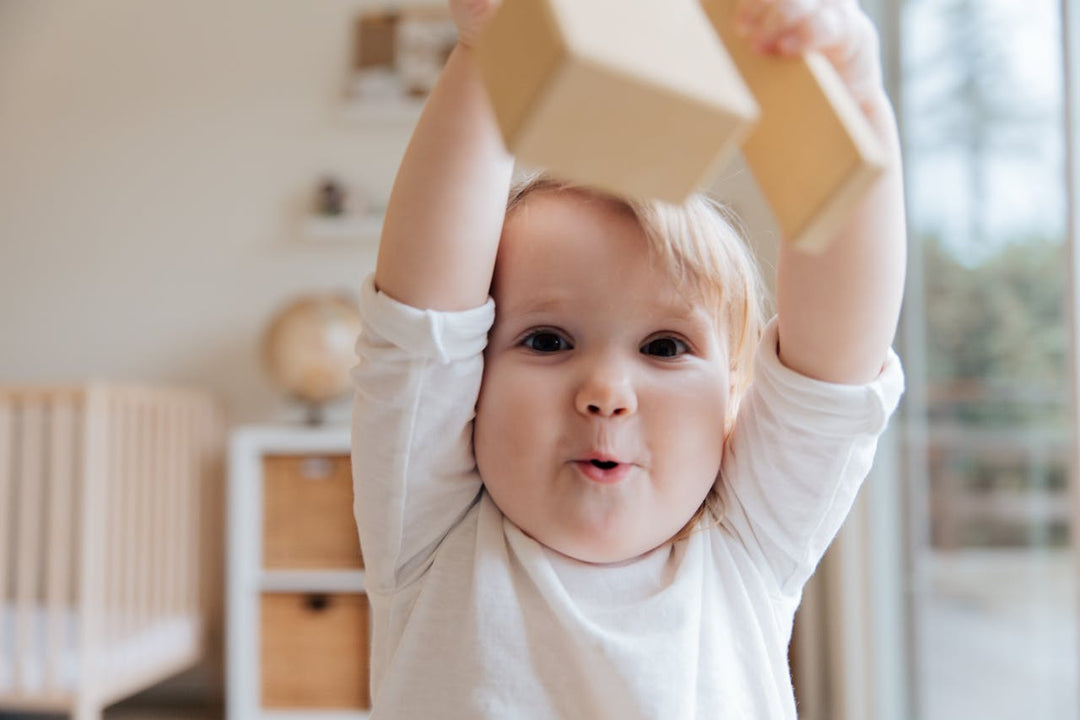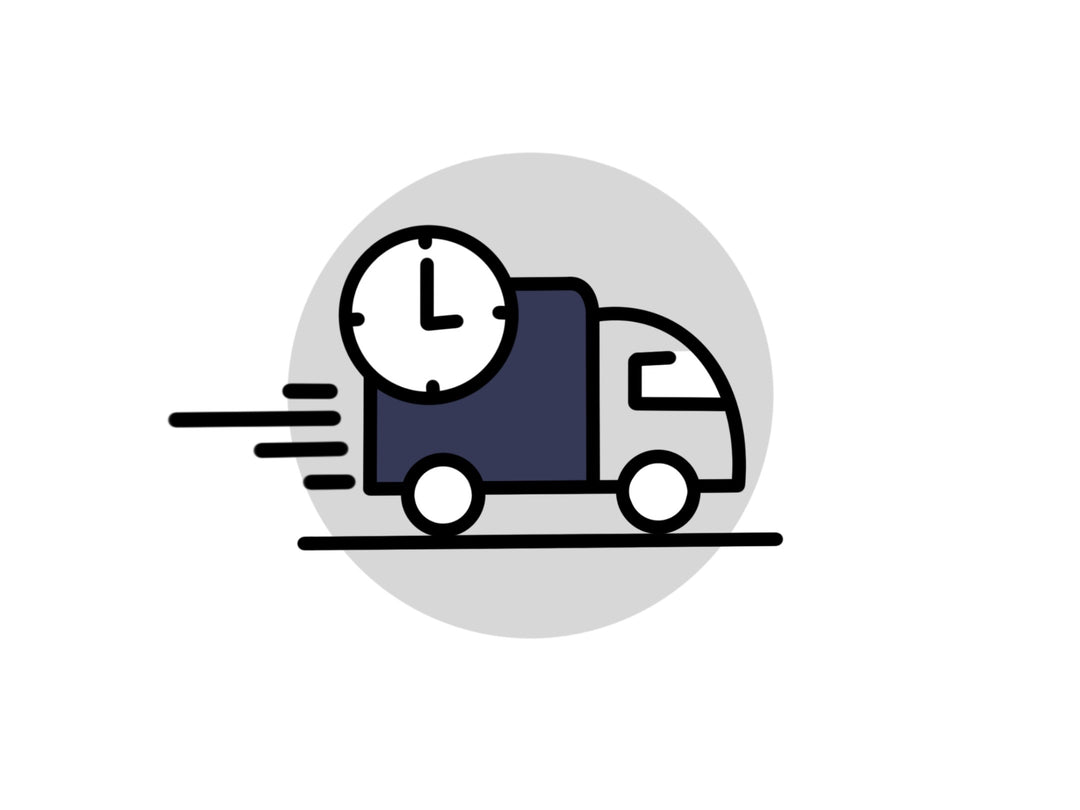The Ultimate Guide to Montessori Potty Training

Looking for a gentle & respectful way to support your little one as they learn to use the toilet? Then the Montessori potty training approach is for you.
Read on to find out how the Montessori toilet learning approach differs from traditional potty training & how you can help your child to independently use the toilet, without the power struggles!
What is the Montessori approach to toilet learning?
The Montessori philosophy focuses on fostering independence and self-care skills in children, from a young age.
According to Maria Montessori when children are given the freedom to take care of themselves and their environment, they not only gain practical life skills but also develop a sense of confidence and self-esteem. You can read more about Maria Montessori in our article A Quick Look at the Life of Maria Montessori.
When it comes to toilet learning, the child is supported to gain awareness of their bodily functions, take ownership & responsibility of their toileting needs & play an active role in their own development.
How does it differ from more typical potty training methods?
Firstly, using the term "toilet learning" emphasizes the Montessori belief that we do not "train" our children, but support & guide them in their learning.
Montessori toilet learning takes the pressure off both the parent & child, by favoring a slower, more gradual approach, rather than forcing a child to be potty trained in a matter of days or weeks.

How do I know when my child is ready to start?
There is no set age for Montessori toilet learning as every child will be ready at different times.
Maria Montessori suggested that there is a sensitive period for toilet learning, usually occurring between 13-24 months of age, during which most children are highly interested in learning the skills and activities involved in the process.
Parents are advised to observe their child and look out for the following signs:
- Showing interest in others using the bathroom
- Letting you know when they have urinated/had a bowel movement
- Staying dry for longer
- Wanting privacy for bowel movements
- Walking confidently (showing that muscles have developed for the ability to hold their bladder)

How do I create a prepared environment for toilet learning?
The most important thing about the toilet learning environment is accessibility. Every family's bathroom set up will look different, but these are some of the things you will see in most Montessori bathroom stations.
- A child-sized potty that is easy for the child to use and clean. There are many available. We prefer one that can hold books or wipes for extra storage such as this kid's potty.
- A stool/seat to sit on while dressing & undressing. Again, any stool or seat could work. We prefer a wooden step with multiple heights to make sure your child can reach the sink or mirror such as this wooden stool.
- A low mirror for dressing & undressing. For more information on the Montessori mirror, check out our article All You Need to Know About the Montessori Mirror (A Complete Guide).
- A basket for wet/soiled clothes
- A basket with books (one or two may be related to toileting, but not all)
- A few choices of comfortable and easy-to-remove clothing that the child can manage on their own
- Easy access for hand washing, using a stool or faucet extender if necessary
- Cleaning supplies nearby (stored safely)
What is my role in toilet learning?
The Montessori adult's role in toilet learning is to assist, guide & support the child in their development. This looks like:
- Making the child feel comfortable, capable & confident
- Offering the potty/toilet at consistent times of day, such as on waking, after meals or before bed
- Letting the child go at their own pace, not rushing or pressuring them
- Trusting the child to listen to their body
- Avoiding asking questions such as 'Do you want to go to the potty?' & instead stating 'It's time to use the potty'
- Not interrupting the child & demanding they use the potty if they are involved in something else
- Keeping things light hearted & not solely focusing on whether the child has used the potty or not

What about rewards & punishments?
In Maria Montessori’s book “The Joyful Child” she states:
“There should be no pressure, no reward or punishment, no adult deciding when the child should learn to use the potty. The environment is prepared and the child is free to explore and imitate in these natural developmental stages.”
Toilet learning is a developmental process, not a behavioral one.
Rewarding or heavily praising children cannot make them able to control their bodily functions if they are not ready to. Equally, forcing or bribing them to use the toilet, or punishing them for accidents, will not make them learn any faster. Instead, punishments, bribes, and rewards can often lead to feelings of shame & frustration.
As with any other developmental milestone in your child's life, toilet learning will not happen overnight. Trust your child, be patient with them & remain a calm & loving guide through the process! If you would like to read more about Montessori parenting, check out our article 6 Books on Montessori That Will Change the Way You Raise Your Child.












